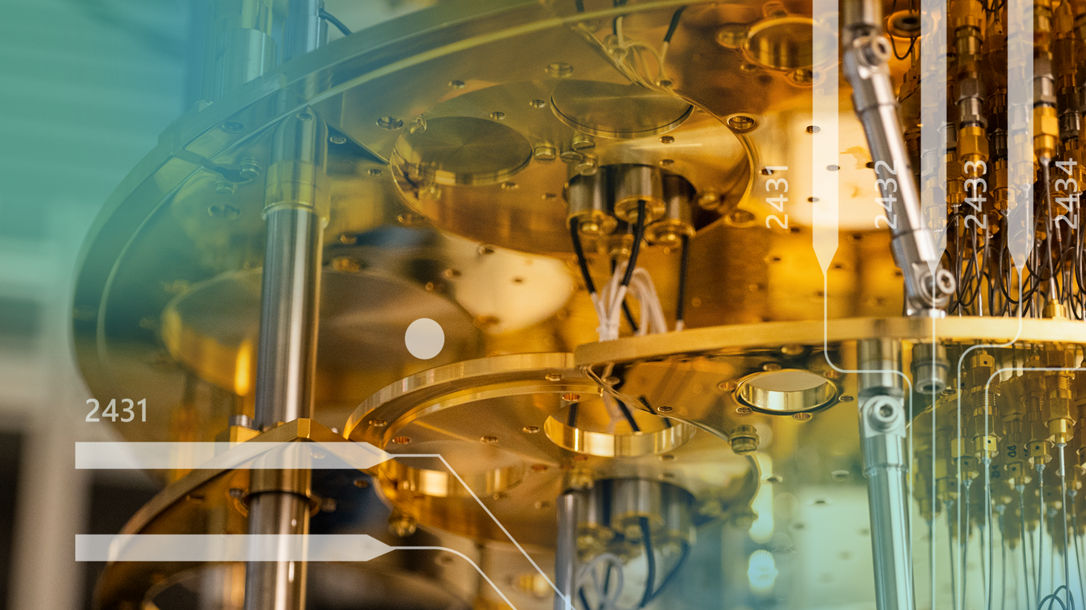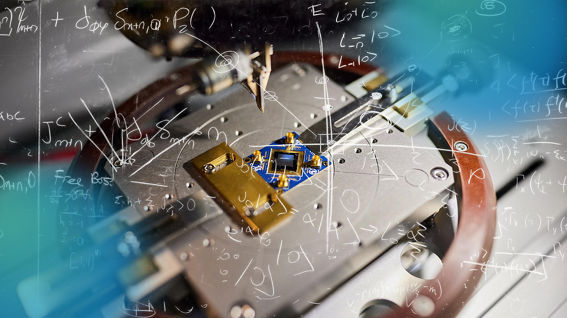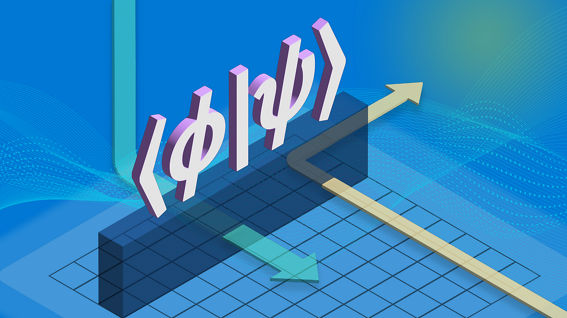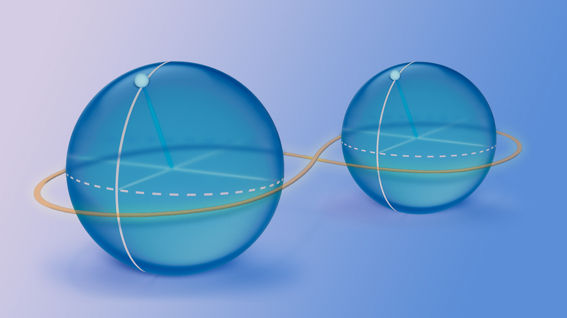T-gates are important gate in quantum computing because when used in combination with Clifford gates they create a universal gate set that can approximate any quantum computation with arbitrary precision. But T-gates are also fragile and difficult to implement accurately. Further, it is difficult to implement the T-gate directly on logical qubits. Quantum computers therefore use a concept called “T-state distillation factories” to produce high-quality T-states from a larger number of imperfect T-gates. The basic idea behind T-state distillation factories is to use a process called "magic state distillation" to create higher-quality T-states.

Magic state distillation takes a large number of noisy T-gates (or “magic states”) and distills them over multiple stages. A ciruit that implements the distillation processes will first take the initial T-states and perform a series of operations to transform them into a smaller number of higher-quality T-states. The process is then repeated multiple times with the output from one stage becoming the input for the next, until the desired level of quality is achieved. Eventually, the higher-quality T-states are injected into the circuit using magic state injection, which enables application of a T-gate to an algorithmic logical qubit.
While computationally expensive, T-factories are a powerful technique in Quantum Error Correction (QEC). QEC is the process of creating high-quality logical qubits (qubits encoded in multiple physical qubits) from imperfect physical qubits. The basic idea is to start with a large number of noisy physical qubits that are arranged in a specific way, called a stabilizer code. This arrangement of qubits has the property that certain measurements on subsets of qubits can reveal if any errors have occurred. The T-state distillation factory then applies a series of operations on these qubits, which includes entangling the qubits, measuring them in certain ways, and applying corrective operations based on the measurement outcomes. By repeating this process many times, the factory can produce a high-quality logical T-state, which can then be used as a building block for more complex quantum circuits that perform useful computations or error correction.
T-factories are an area of considerable ongoing research, with researchers exploring their use in the design of fault-tolerant quantum computing architectures.





